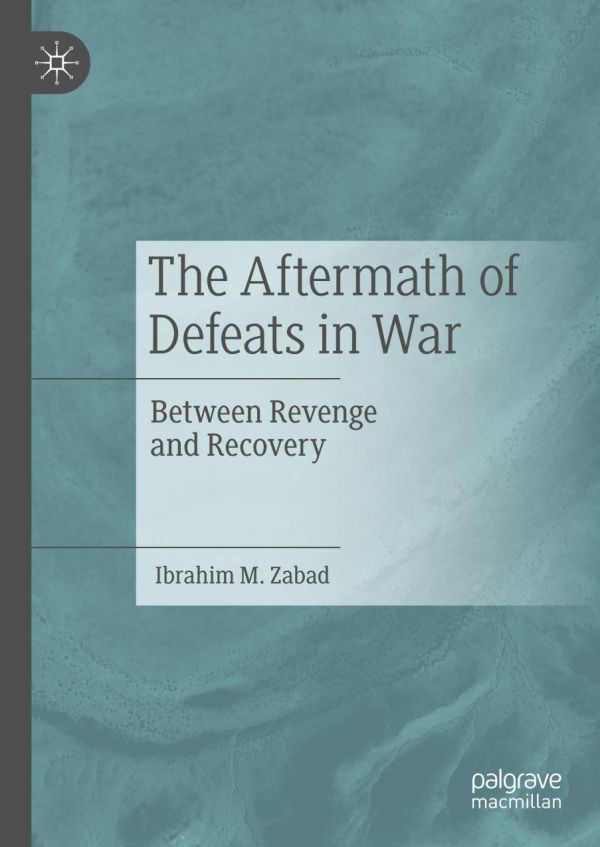

Most ebook files are in PDF format, so you can easily read them using various software such as Foxit Reader or directly on the Google Chrome browser.
Some ebook files are released by publishers in other formats such as .awz, .mobi, .epub, .fb2, etc. You may need to install specific software to read these formats on mobile/PC, such as Calibre.
Please read the tutorial at this link: https://ebookbell.com/faq
We offer FREE conversion to the popular formats you request; however, this may take some time. Therefore, right after payment, please email us, and we will try to provide the service as quickly as possible.
For some exceptional file formats or broken links (if any), please refrain from opening any disputes. Instead, email us first, and we will try to assist within a maximum of 6 hours.
EbookBell Team

4.7
26 reviewsThis book sets out to explain the variation in nations’ reactions to their defeats in war. Typically, we observe two broad reactions to defeat: an inward-oriented response that accepts defeat as a reality and utilizes it as an opportunity for a new beginning, and an outward-oriented one that rejects defeat and invests national energies in restoring what was lost—most likely by force. This volume argues that although defeats in wars are humiliating experiences, those sentiments do not necessarily trigger aggressive nationalism, empower radical parties, and create revisionist foreign policy. Post-defeat, radicalization will be actualized only if it is filtered through three variables: national self-images (inflated or realistic), political parties (strong or weak), and international opportunities and constraints. The author tests this theory on four detailed case studies, Egypt (1967), Turkey/Ottoman Empire, Hungary and Bulgaria (WWI), and Islamic fundamentalism.